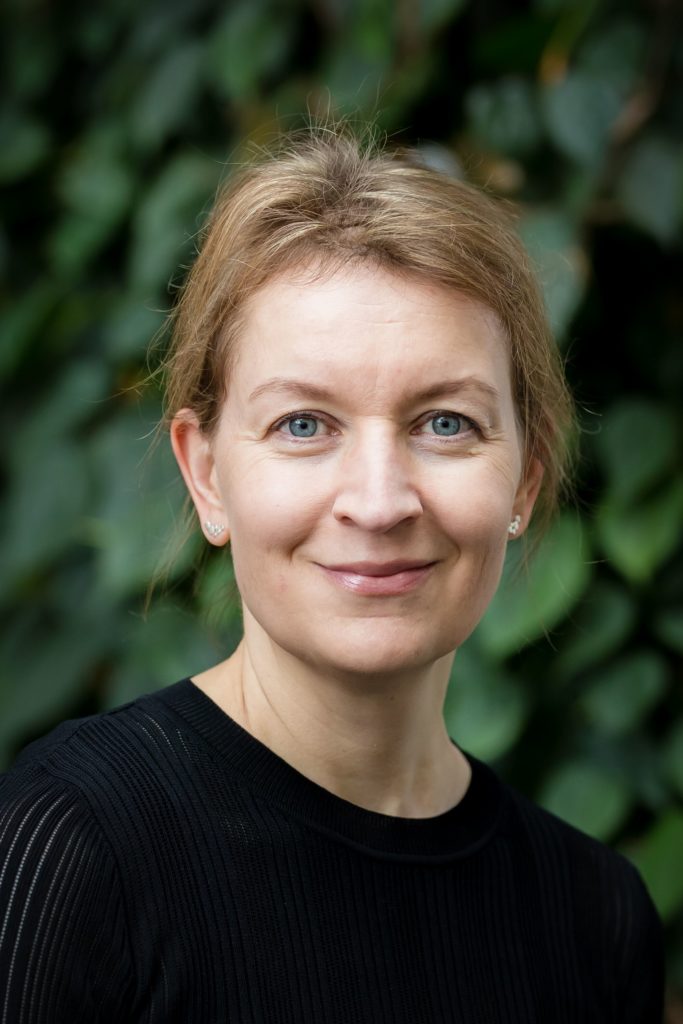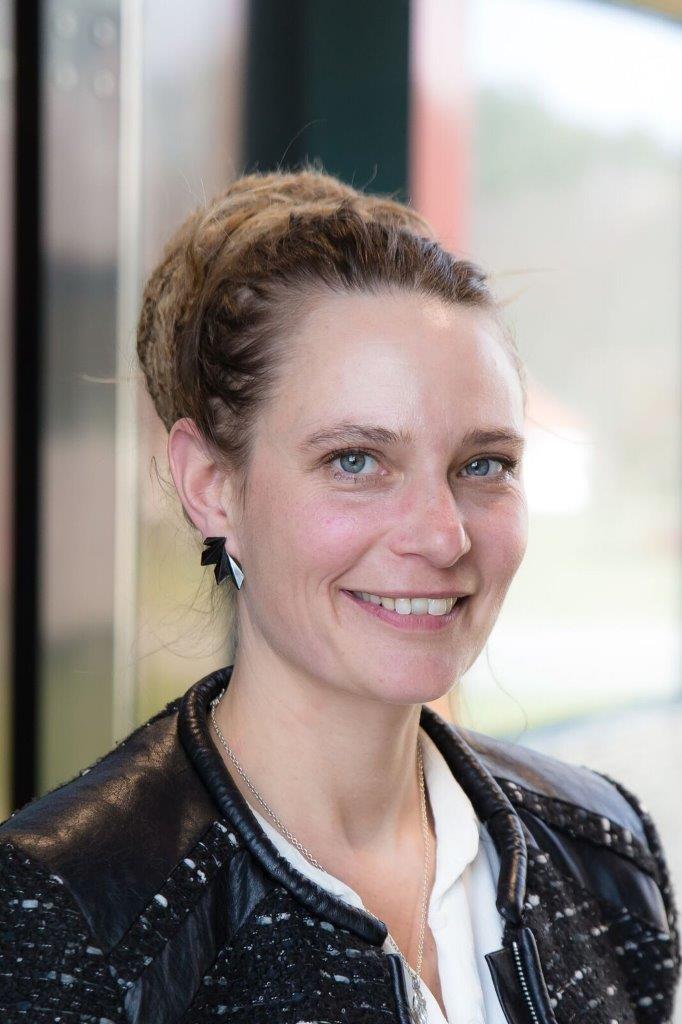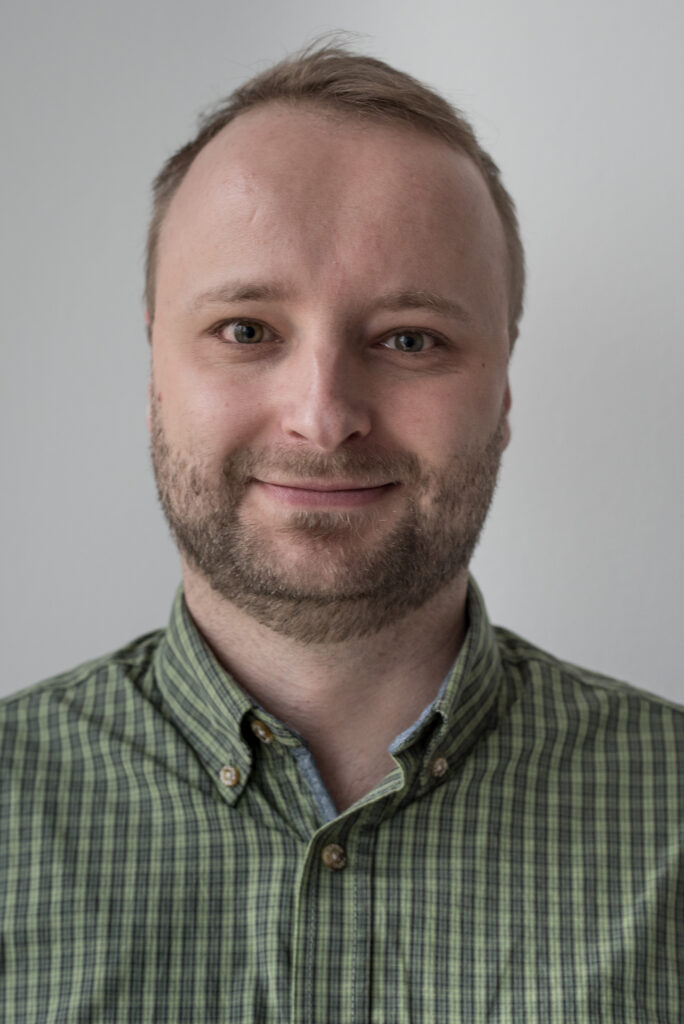
Associate Professor at the Department of global development and planning, UiA. She holds a PhD (2011) from Roskilde University, the Department of Environment, Society and Spatial Change. Her research explores the socio-spatial, socio-economic and democratic implications of energy transitions with a particular focus on issues of energy justice and local and regional development. Laura has previously worked on issues of conflicts, place identity, distribution and community participation in onshore wind power development. She was part of WIND2050 (2014-2017), funded by the Danish Council for Strategic Research), exploring models for citizen participation in Danish wind power development; lead on WP3 in WINDPLAN (2018-2023) funded by the Norwegian Research Council. WINDPLAN explored onshore wind power development in Norway, Scotland and Denmark and analyzed issues of social acceptance, emerging contestations of energy justice and local government capability to handle energy planning and deployment. She isinvolved in the Norwegian Research Council funded Research School ‘Empowered Futures’. Laura is project leader on WINDREG (2023-2027) exploring the challenges and opportunities of onshore and offshore wind and energy justice in regional transitions in Norway and beyond. In WINDREG she is also co-lead on two work-packages: WP1-Recognition based justice in spatial planning of regional OW transition and WP4–Co-production of knowledge for energy justice in regional OW transitions.

Associate Professor at the Department of global development and planning, UiA. She holds a PhD (2012) from Copenhagen University, the department of Food and Resource Economics. Her main research interest evolves around just energy transitions and particular challenges and opportunities related to energy democracy and governance, and implications for local and regional development. She has previously worked with public participation and co-creation in conflicts related to environmental planning. Since 2018 she has been the project leader of WINDPLAN funded by the Norwegian Research Council. WINDPLAN explored onshore wind power development in Norway, Scotland, and Denmark, and analyzed (lack of) social acceptance, emerging contestations of energy justice, and local government capability to handle energy planning and deployment. She is UiA partner in the Norwegian Research Council funded Research school: Empowered Futures aimed at educating PhD scholars with research-based competence on energy controversies, equitable policy and development frameworks to achieve just energy transitions. She is co-lead on two work packages in the WINDREG project: WP3) Procedural justice in planning and governance of regional OW transitions and WP4) Co-production of knowledge for energy justice in regional OW transitions.

Senior Researcher in the Department of Wind and Energy Systems at the Technical University of Denmark. He has a background in Human Geography and focuses on socio-spatial implications of the energy transition. His research interests revolve around social, spatial and political-economic dynamics of expanding renewable energy technologies as well as their impacts on the livelihoods of communities. His current work is concerned with contestations over onshore and offshore renewables, people-place relations, community participation, governance and radical planning, with a specific focus on social justice and rural areas. He is involved in the WINDPLAN project exploring community interactions with wind farm developments in Scotland, as well as the JUSTIN project (funded by DANIDA) looking at community impacts and benefits from the procurement and deployment of large-scale renewable energy projects in Indonesia. David has previously worked on conflicts, procedural and distributional challenges, and community benefits of offshore wind; also providing good practice guidance for the Scottish Government regarding the latter topic. In WINDREG, he is co-leading WP2 on distributional justice and socio-economic impacts of offshore wind developments.

Professor at the Department of Working Life and Innovation at the University of Agder, Norway. He has a PhD in economic geography from the University of Oslo. His research interest is theoretical and empirical studies of regional industrial development and restructuring, focusing on the development of regional clusters, innovation systems, and path development, companies’ innovation mode, and regional innovation policy and policy lessons. He has a large number of publication in international journals and books, and has also many years collaborated with regional and national actors on policy design.

Currently an associate Professor at the Department of Energy and Resources Law, Scandinavian Institute of Maritime Law, Faculty of Law, University of Oslo. After her PhD in law (Oslo, 2015), she has been an associate Professor at the Norwegian University for Life Sciences (NMBU) for four years. There she also was Head of Department of Property and Law. She coordinated the PlanCoast project on coastal zone management, funded by the Research Council of Norway, in addition to being work package leader in several other externally funded research projects. Hauge has been appointed by the Norwegian government as a member of law committees of on issues regarding the governance of natural resources; see the reports NOU 2018:11 Ny fjellov and NOU 2022:8 Ny minerallov, on the management of common land and on the exploitation of minerals, respectively.
Much of her research deals with indemnity in the case of expropriation in the context of establishing hydropower plants (her Phd), expropriation law in general, energy law, and climate and planning law. Hauge has also done research in natural resources law, e.g., regarding fish farming and mining. In this work, Hauge addresses the legal aspects from different theoretical angles. In her PhD research, she looked into both efficiency and fairness perspectives; in the PlanCoast-project, different approaches to integrated planning and legitimacy provided the theoretical foundation. She has also has an interest for the legal history of natural resource law. Her current research focuses on legal questions at the intersection of energy, climate and environmental law.
Hauge teaches environmental, energy, property and expropriation law. She is responsible for, and one of the founders of, the new profile in electives courses at the Faculty of Law, called “Natural Resource Management, Sustainability and Environment”. Starting spring 2024, Hauge and colleagues at the faculty will run a new course in environmental and planning law.
In WINDREG, Hauge contributes to WP 1 Recognition-based justice in spatial planning of regional OW transition and WP 3 Procedural justice in planning and governance of regional OW transition.

Emelie is a PhD student at the Department of Working Life and Innovation at the University of Agder, Norway. Her PhD project, which is within innovation and economic geography, is due Dec. 2023 and she is starting a position as a researcher at Norce research institute Jan. 1. Her research interest involves “green” industrial development, and she has a particular interest in how actors and agency drive and shape regional development. Her research is also concerned with the regional innovation system (RIS), and how innovation systems need to be reconfigured to better support emerging industrial initiatives (such as OW in Agder) and regional industrial change. Emelie has also worked with framework conditions regarding industrial symbiosis as an important strategy for the transition towards the circular economy. In WINDREG, she is working on WP2- Distributional justice of socio-economic impact in regional OW transition.
